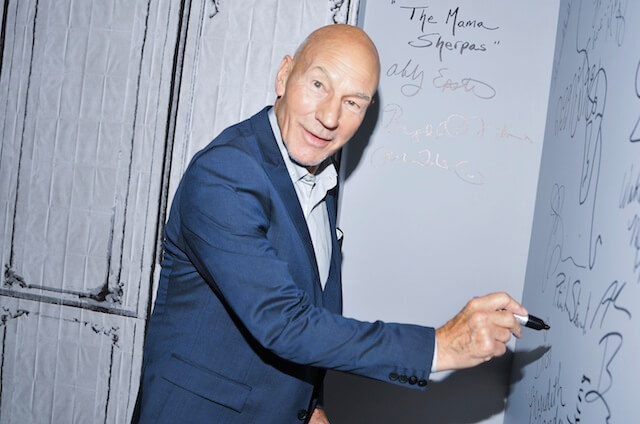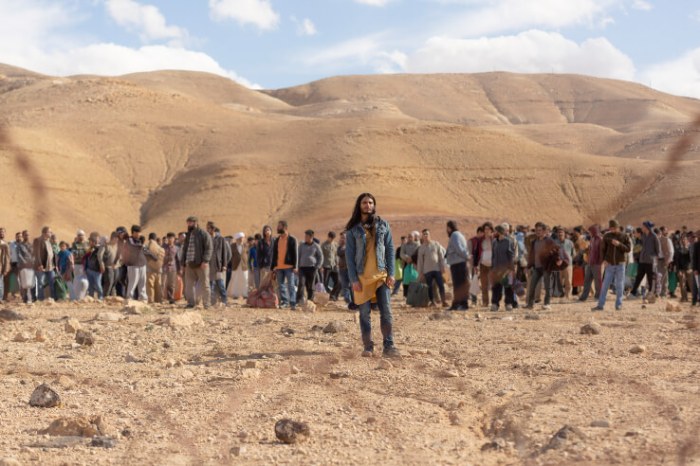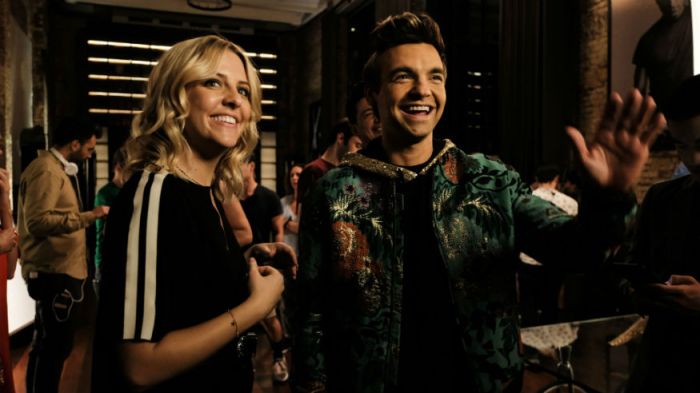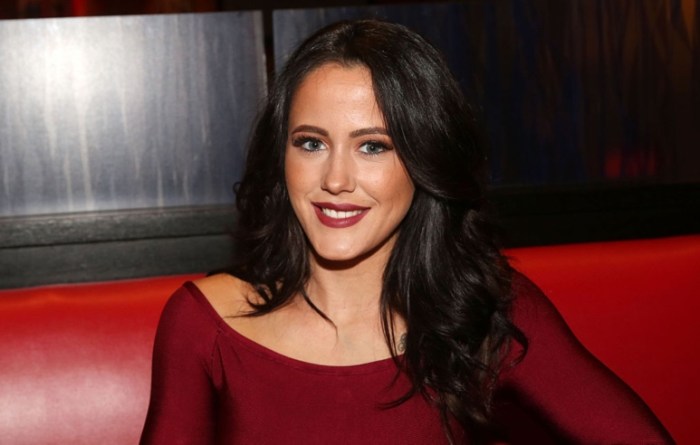Patrick Stewart swears Gowanus is the next big neighborhood. A proud Brooklynite, the renowned actor lives nearby and has heard word that the neighborhood’s rancid canal — one of the most polluted bodies of water — will be transformed, of course gradually, into the “Venice of America.” “Invest now!” he jokes. Stewart was out of town for most of last winter, in Los Angeles shooting “Blunt Talk,” a Starz comedy produced by Seth MacFarlane and written by Jonathan Ames (“Bored to Death”) in which he plays a carousing political news anchor of the Piers Morgan variety, only more prone to getting stoned before driving a car. The opening of the first episode involves your character, Walter Blunt, picking up a transgender prostitute. But it’s not what you might expect from a comedy from 10 years ago, or five years ago, or even last week. She’s treated with respect and their time together is tender, not a dumb joke. It’s due to Jonathan [Ames]’ own experiences and his sensitivity. We were both a little nervous about that scene and how it might appear. We didn’t want to make easy jokes at the expense of someone who’s had very intense, not to say painful and troubling, experiences. But the next thing was the casting of Trace Lysette in the role, who gives such a beautiful performance of great subtlety and honesty and openness. The scene becomes sweet, almost sentimental where it could have been broad and coarse and offensive. I don’t think it is. RELATED: David Simon discusses “Show Me a Hero” and the concept of “the other” That’s Ames’ bag, though. His work is very sensitive and fascinated by things considered peccadilloes.
He’s both forgiving and fascinating by peccadilloes. He’s a serious writer. His novels are wonderful. What he has is the ability to write character through language. The first person to be able to do this was William Shakespeare. Before him nobody had done it. People just wrote dialogue. Shakespeare wrote character through the choice of words he used. You look at the language to understand Macbeth, Shylock. Shylock is a very good example: no one, in the entire canon of 37 plays, talks like Shylock. He has a totally idiosyncratic way of speaking. That was 450 years ago. Well, I say, with all respect, that Jonathan Ames has a similar talent. He writes characters through words, through what they say as much as what they do. And he’s fond of dropping arcane or gratuitous references to history and art. The opening scene on the show is a chat with a bartender about Wallis Simpson.
Walter says Wallis Simpson was perhaps the most important person in the 20th century. [Laughs] I don’t think anyone has ever said that before. Because she was an American divorcee who almost became the queen of England — almost brought down the f—ing House of Windsor by herself. There was some talk about if we should begin the series with something spectacular happening. Maybe we should go straight into the scene with the prostitute in the car. I love that everybody was brave enough to say, “It will just be a quiet conversation between one guy who’s had too much to drink and a bartender. And they’ll be talking about Wallis Simpson.” Not a line of that was changed. It’s a curious way to begin a show like ours. But I think it works. In the first four episodes it’s not so much a political show as it is about characters.
I hope in time it will be seen to be both. We spent a lot of time — Jonathan, rather, did — building all the characters, giving them substance. I would like to see it get more political — because I am, and have been all my life. I’d like to start banging the desk a little bit in a Jon Stewart manner. I’ve been practicing my Jon Stewart gestures for when that moment comes. It’s not clear in the first few episodes where his political affiliations lie. He’s an egomaniac straight-shooter, which tends, albeit not exclusively, to be qualities of TV pundits on the right. Oh, I think he’s a leftie. He is not extreme left. This will come up more in future episodes, but he had an epiphany. He was a solider in the Falklands campaign, in the Royal marines. Walter was so dismayed by that experience, by the lies that were told, by the manipulation of a ghastly situation by politicians for their own ends. Margaret Thatcher got re-elected because of the Falklands War. Wars are great for getting re-elected, so long as you win them. Lose them and you’re in trouble. I hope to be able to bend Walter a little bit more in my direction as time goes by. RELATED: Patrick Stewart talks “Match,” Brooklyn and aging You’re a New Yorker, but it’s interesting this takes place in L.A. That’s a different vibe, and the kind of satire is not the same as it would be in New York.
We spent a lot of time talking about that — “New York or L.A., where should it be?” I felt that L.A. — with no offense to Manhattan — offered perhaps more exotic potential to tell Walter’s story. Also, I was here on Broadway doing a play all the way through the winter season of 2013-2014 [“No Man’s Land,” with Ian McKellen]. And it was at that time there was the second worst winter on record. I swore I would not live through it again. Then, as it proved, last winter was the worst winter on record. It was so pleasant in California. Weekends I would get up in January and put on a pair of shorts and flip-flops. I thought a little bad about my friends back here in Manhattan struggling through the winter. It’s also less aggressive in L.A. than in New York.
I think that’s really true. There isn’t that apparent aggression. I remember the very first time I ever arrived in Manhattan, back in 1969. I went into the apartment building I was staying in and two women were having this fight in the lobby, yelling at each other. Then I discovered there were yelling at each other every evening. They weren’t having a fight. They were New Yorkers having a conversation. But it looked like they were ready to pull guns and shoot each other. No. They were good friends talking.
Patrick Stewart on ‘Blunt Talk’ and not offending transgender people

Getty Images
Follow Matt Prigge on Twitter @mattprigge


















